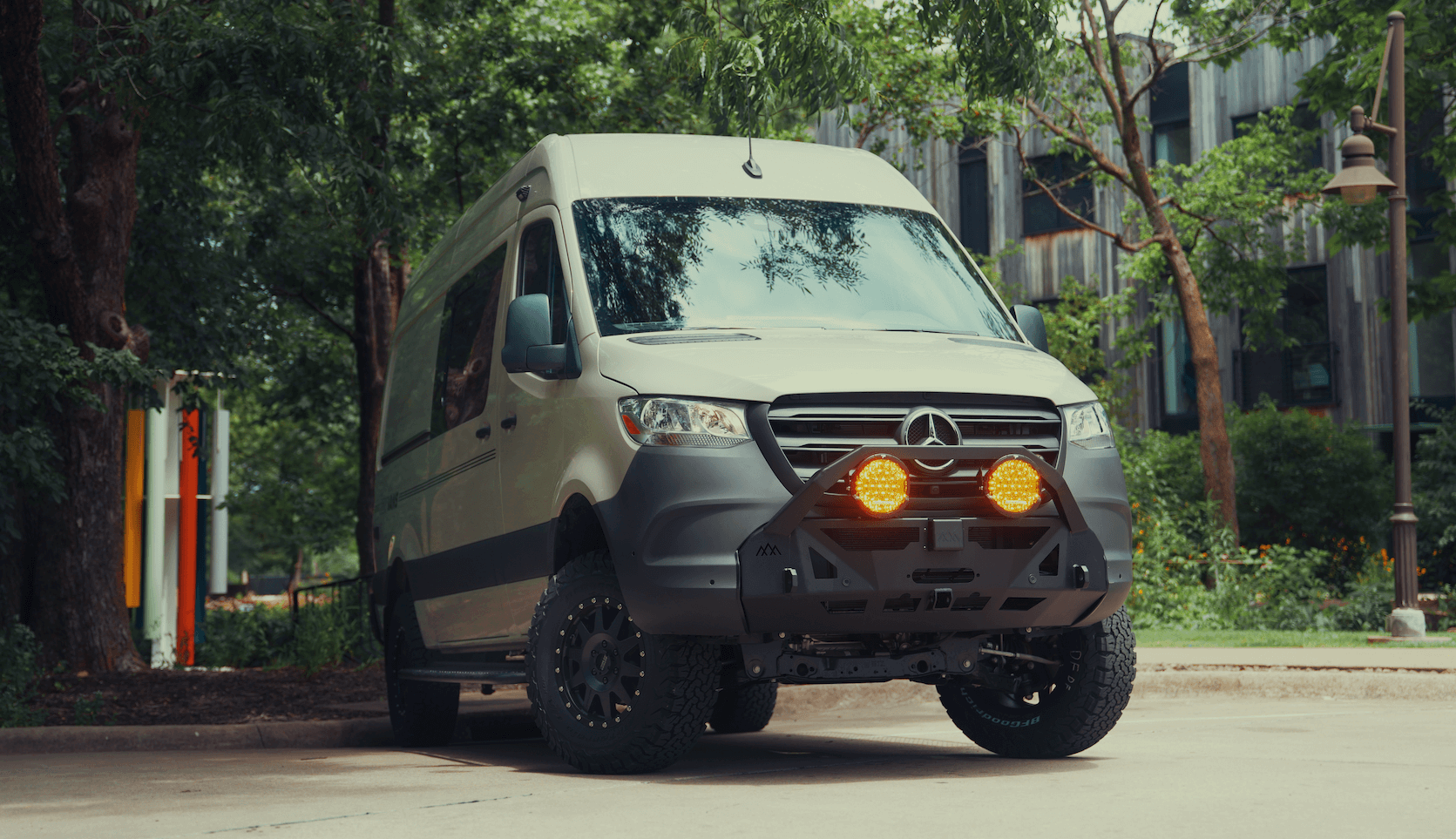Recreational Vans

The short answer is that living in a van can be legal, but the rules do not focus on your lifestyle as much as your behavior and location. Cities care about overnight parking, length of stay, sanitation, and public safety. States care about registration, insurance, and driver licensing. Federal lands and local parks set stay limits and camping rules. Private property rules depend on land use codes and owner permission.
A city may ban sleeping in vehicles on public streets, yet allow it in designated lots. Another city might allow it unless it creates a nuisance like noise, trash, or blocked driveways. Some towns treat vehicle residency under anti camping ordinances. Others have no specific rule, so general parking statutes and time limits apply.
If you keep your van legal on paper, choose permitted places to sleep, and handle waste responsibly, you can live on the road while avoiding most trouble. The details are local, so always check municipal codes and land manager guidelines before you settle in for the night.
There is no single national rule for sleeping in vehicles. Think in terms of green light, yellow light, and red light zones, then confirm with posted signs.
Green light options, often with permits or time limits
Yellow light options, varies by town and signage
Red light zones, usually prohibited or heavily enforced
When in doubt, ask for written permission from a lot owner, read the ordinance, or choose a campground. Respect time limits, keep your area clean, and leave before business hours if you are in a retail lot.
Stay limits exist almost everywhere. Public lands often cap visits at 14 days in a 28 day window, and cities may cap street parking at 24 to 72 hours even where sleeping is not addressed. Private lots can ask you to move at any time, so have a plan B nearby. Rotating spots within a small radius can still trigger enforcement if it annoys neighbors, so move beyond the immediate area to stay under the radar.
Even if your nightly parking is legal, the basics must be right. Keep registration current, carry proof of insurance, and pass inspections where required. Make sure your driver license matches your chosen domicile state. If you remove seats, add tanks, or change the weight class, notify your insurer and confirm that your policy still covers the conversion.
Domicile is the legal home you choose for taxes, licensing, voting, and banking. To set it, you will need a mailing address that is acceptable for your state, a way to receive legal notices, and evidence of intent to make that state your home. Many travelers use a commercial mail receiving agent, while others use a family address with permission. Each state has its own standards, so confirm what counts as an acceptable address before you switch.
Waste handling is another common enforcement trigger. Black water must be dumped at approved stations. Gray water cannot be emptied in storm drains or onto public land unless the land manager specifically allows it. Portable toilets and composting units are allowed in many places, but disposal still needs to follow the rules of the facility or landfill.
Safety matters on the road and during inspections. Secure propane lines, install a vented heater with clearances that match the manufacturer manual, and use a carbon monoxide alarm. Verify that your tire load rating and axle capacity match the build weight with water and gear on board. Loose cargo in the living space can count against you in a stop if it appears unsafe.
A calm and courteous approach during any interaction helps. Keep documents handy, explain that you are leaving in the morning, and show you understand local norms. Officers and rangers are more likely to educate than cite when you are compliant and respectful.
From here, the practical path is simple. Learn the local rules, choose permitted stays, set a valid domicile, and keep your build safe and documented. That is the core of living in a van full time, legally and peacefully.
OZK Customs builds vehicles for people who live on the road and want their rigs to meet real world standards. Our team focuses on safe electrical, proper ventilation, smart weight distribution, and clean installations that pass common sense checks in any town. We hand off builds with orientation at our lounge so you leave confident about systems, power, and safe operation.
Strong planning, a compliant build, and thoughtful parking choices turn questions about legality into confidence on the road. If you want a rig designed for daily living that meets practical rules from city streets to public lands, we can help.
Tell us how you travel, where you plan to park, and what systems you need for a lawful, comfortable setup. We will design and build a van that fits your life and respects the rules that matter. Start here:
At OZK Customs, we create complete custom builds and partial upfits for recreational adventure vans and overland rigs, with thoughtful layouts, tested components, and support from handoff to first camp night. Submit the form to begin your custom plan.
Ready to make full time van life legal, safe, and comfortable? Our team designs compliant, road proven builds that pass scrutiny and keep you moving. Tell us how you travel, and we will build the van that fits your lifestyle and local laws. Submit the form to start your custom plan.
ADDRESS:
6159 E Huntsville Rd, Fayetteville, AR 72701
PHONE:
(479) 326-9200
EMAIL:
info@ozkvans.com